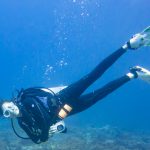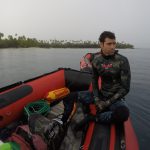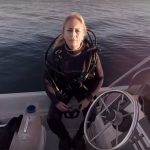Coral Reef Fish in the Indian Ocean Region
Project Overview
Coral reef fishes are among the most conspicuous and diverse species group in the marine environment. They thrive in extremely dynamic environments and are, thus, strongly subjected to changes in abundance, community composition and biological traits through time. Nonetheless, coral reef fishes, like most of marine life nowadays, are directly or indirectly threatened by human activities. These anthropogenic threats are expected to have profound impacts on the coral reef fish communities of the Chagos Archipelago in the coming years.
Firstly, the introduction of the invasive black rat has caused the crash of seabird populations on the islands it invaded. With the seabirds gone, the precious nutrient subsidies from their guano no longer percolates to fertilize adjacent reefs and support enhanced fish growth rates. Moreover, it is believed that the loss of these supplementary nutrients affected the resilience and recovery rate of benthic and fish communities in the face of other man-made stressors, such as climate change.
Secondly, the direct and illegal removal of sharks has a profound impact on the structure and function of reef food webs, expressed through ecological process such as a greatly diminished predation pressure on medium sized predators. Consequently, these impacts can cascade down trophic levels to the benthic community if, for instance, fish that feed on algae or corals change drastically in abundance or behavior. Such crashes or linked booms in communities can have further impacts on coral reef recovery and ultimately cause the ecosystem to crash.
Thirdly, anthropogenic climate change increases the frequency and severity of extreme weather events, such as abnormally high sea surface temperatures resulting with heat stress and the associated coral bleaching. Since most of the fishes rely on corals for food and structure, coral bleaching inevitably leads to changes in the abundance, and community structure of coral reef fishes.
Our project seeks to understand the status and resilience of the key communities of coral reef fishes that underpin the ecology of the Chagos Archipelago. Our team uses a multi-disciplinary approach that includes spatio-temporal monitoring of fish communities, experimental fieldwork, and laboratory analyses to address these pressing issues influencing the health of coral reefs and associated fish communities.
We have demonstrated the critical importance of seabird nutrient inputs for reef fish growth and biomass in the Chagos Archipelago, highlighting the importance of eradicating rats from tropical islands.
Key Facts
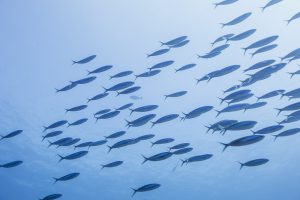
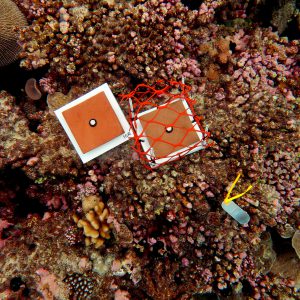
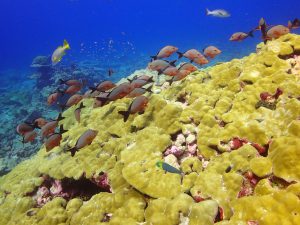
News
Publications

Terrestrial Invasive Species Alter Marine Vertebrate Behaviour
Gunn, R., Benkwitt, C., Graham, N., Hartley, I., Algar, A., Keith, S. (2023). Terrestrial invasive species alter marine vertebrate behaviour. Nature Ecology & Evolution

Harnessing Island-Ocean Connections to Maximize Marine Benefits of Island Conservation
Sandin, S.A., Becker, P.A., Becker, C., Brown, K., Erazoa, N.G., Figuerola, C., Fisher, R.N., Friedlander, A.M., Fukami, G., Graham, N.A.J., Gruner, D.S., Holmes, N.D., Holthuijzen, W.A., Jones, H.P., Rios, M., Samaniego, A., Sechrest, W., Semmens, B.X., Thornton, H.E., Vega Thurber, R., Wails, C.N., Wolf, C.A., Zgliczynski, B.J. (2022). Harnessing island-ocean connections to maximize marine benefits of island conservation. PNAS.
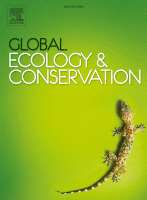
Geomorphic, Anthropogenic and Environmental Gradients Decouple α and β Diversity of Coral Reef Fish Along an Extensive Oceanic Ridge
Karkarey, R., Arthur, R., Nash, K.L., Pratchett, M.S., Sankaran, M., Graham, N.A.J. (2022). Geomorphic, anthropogenic and environmental gradients decouple α and β diversity of coral reef fish along an extensive oceanic ridge. Global Ecology and Conservation.

Site-Level Variation in Parrotfish Grazing and Bioerosion as a Function of Species-Specific Feeding Metrics
Lange, I.D., Perry, C.T., Morgan, K.M., Roche, R., Benkwitt, C.E. and Graham, N.A.J. (2020) Site-level variation in parrotfish grazing and bioerosion as a function of species-specific feed metrics. Diversity.
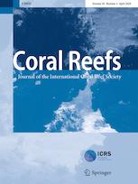
Unprecedented Longevity of Unharvested Shallow-Water Snappers in the Indian Ocean
Taylor, B.M., Wakefield, C.B., Newman, S.J., Chinkin, M. and Meekan, M.G. (2021) Unprecedented longevity of unharvested shallow-water snappers in the Indian Ocean. Coral Reefs.

